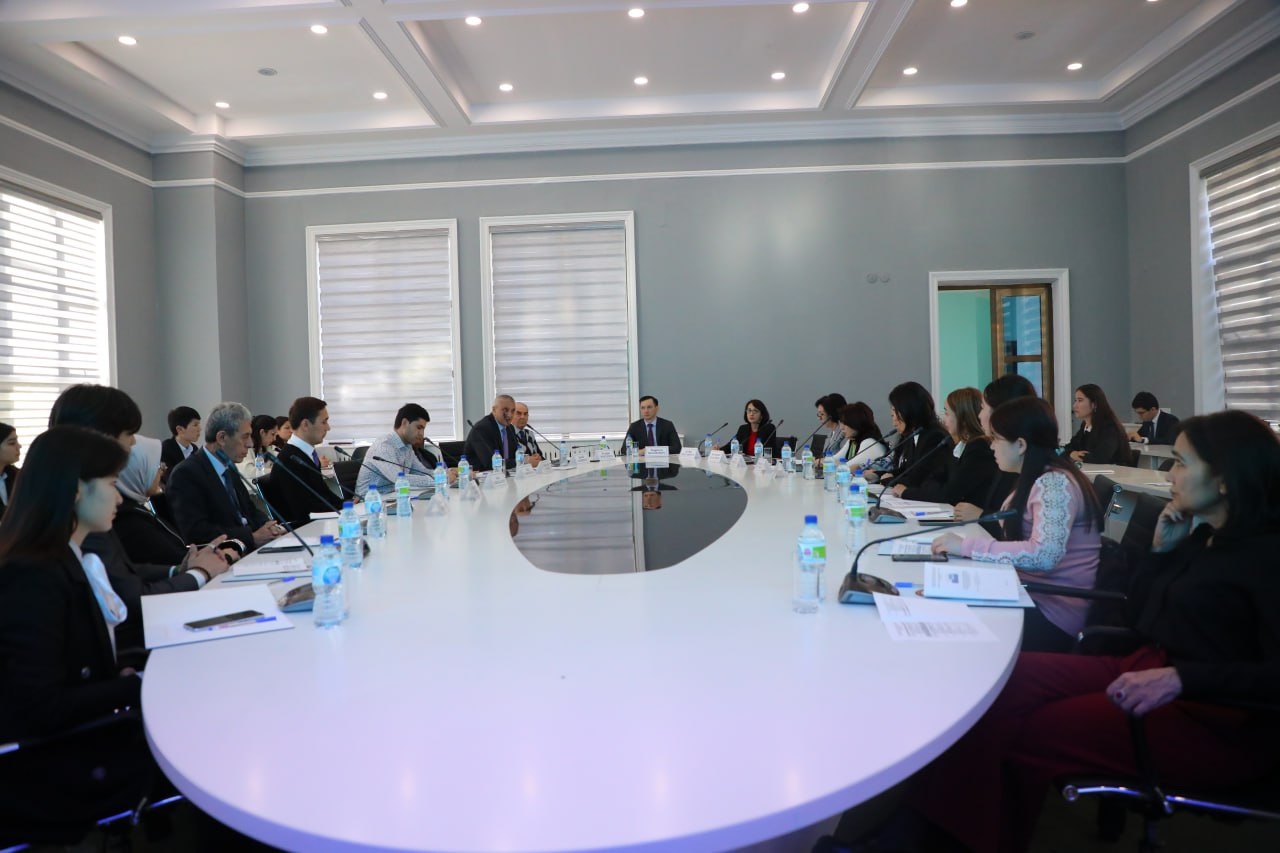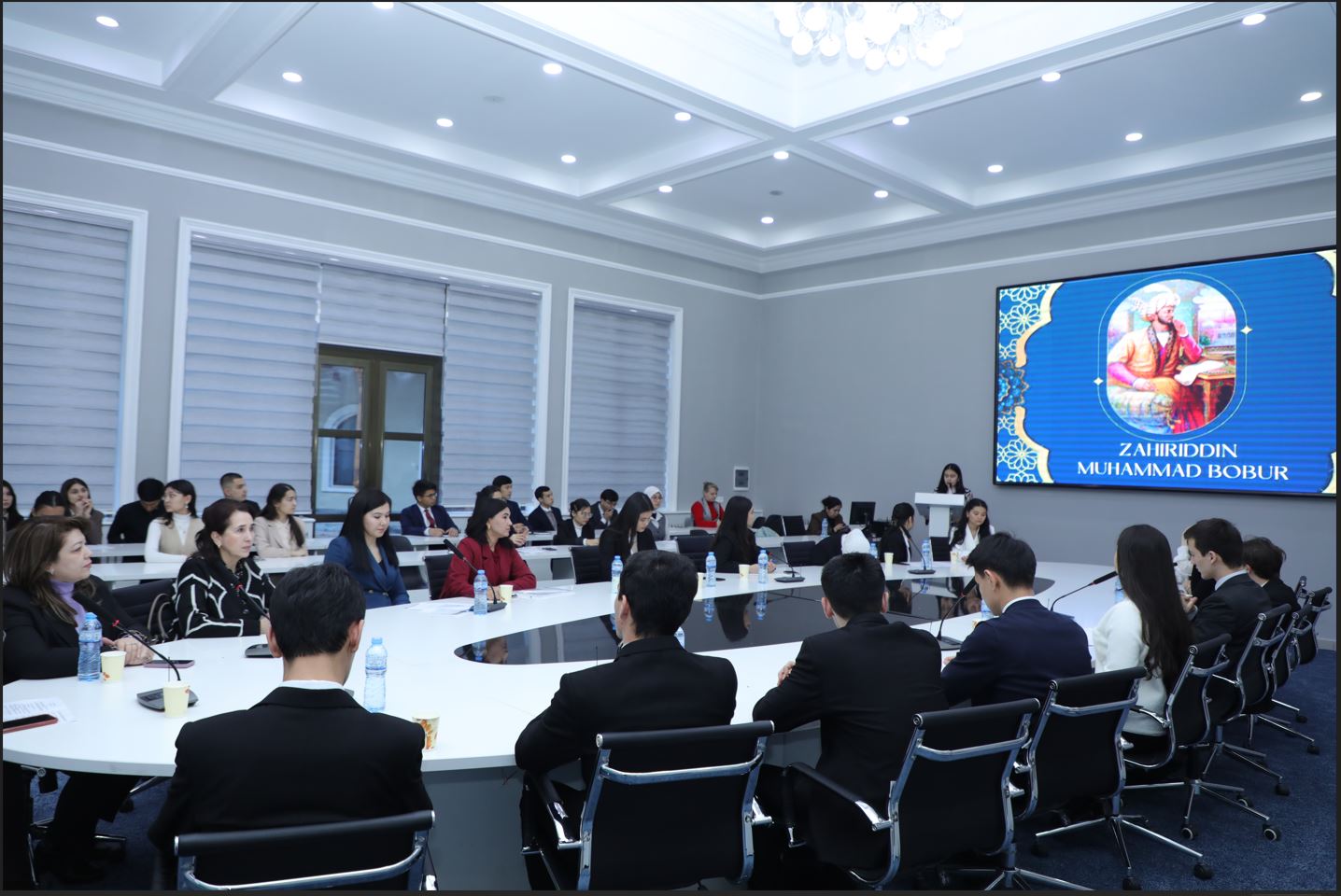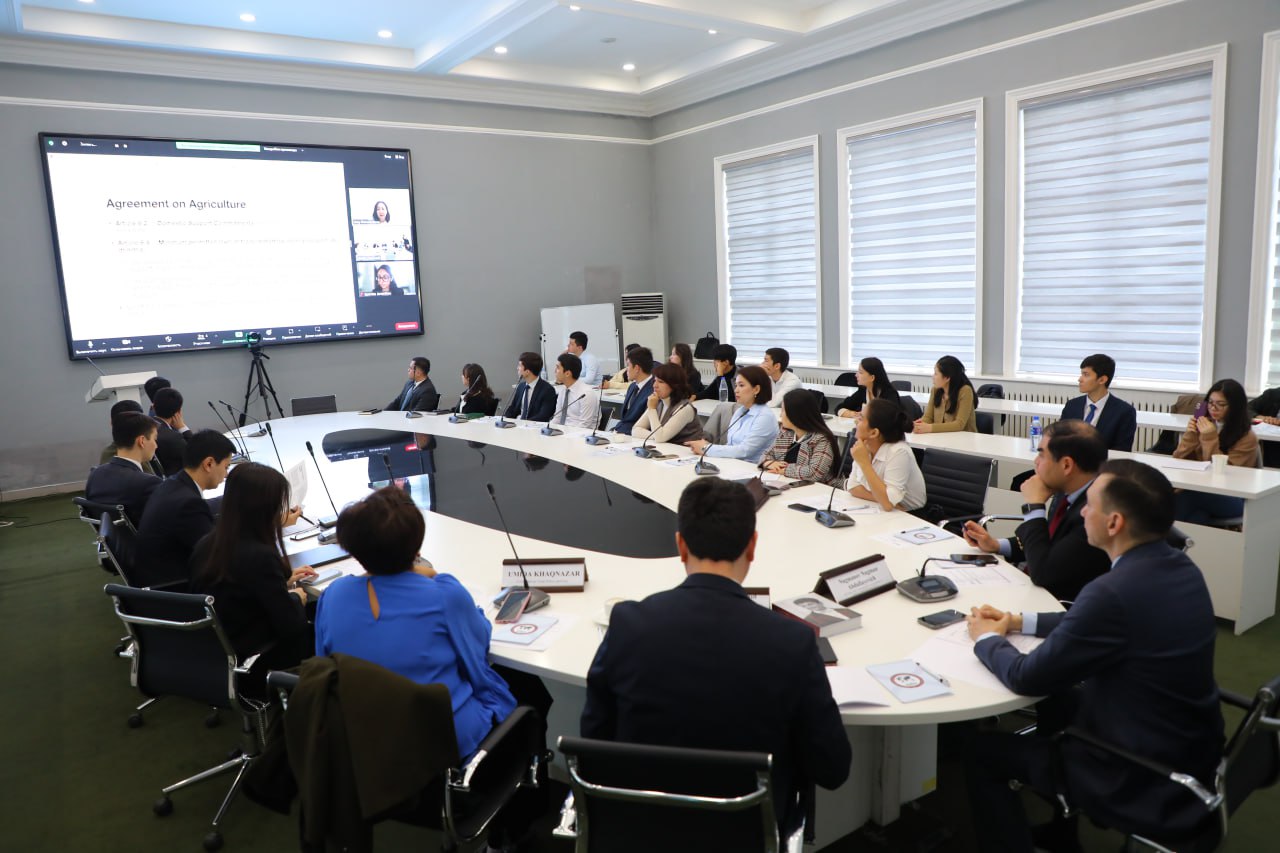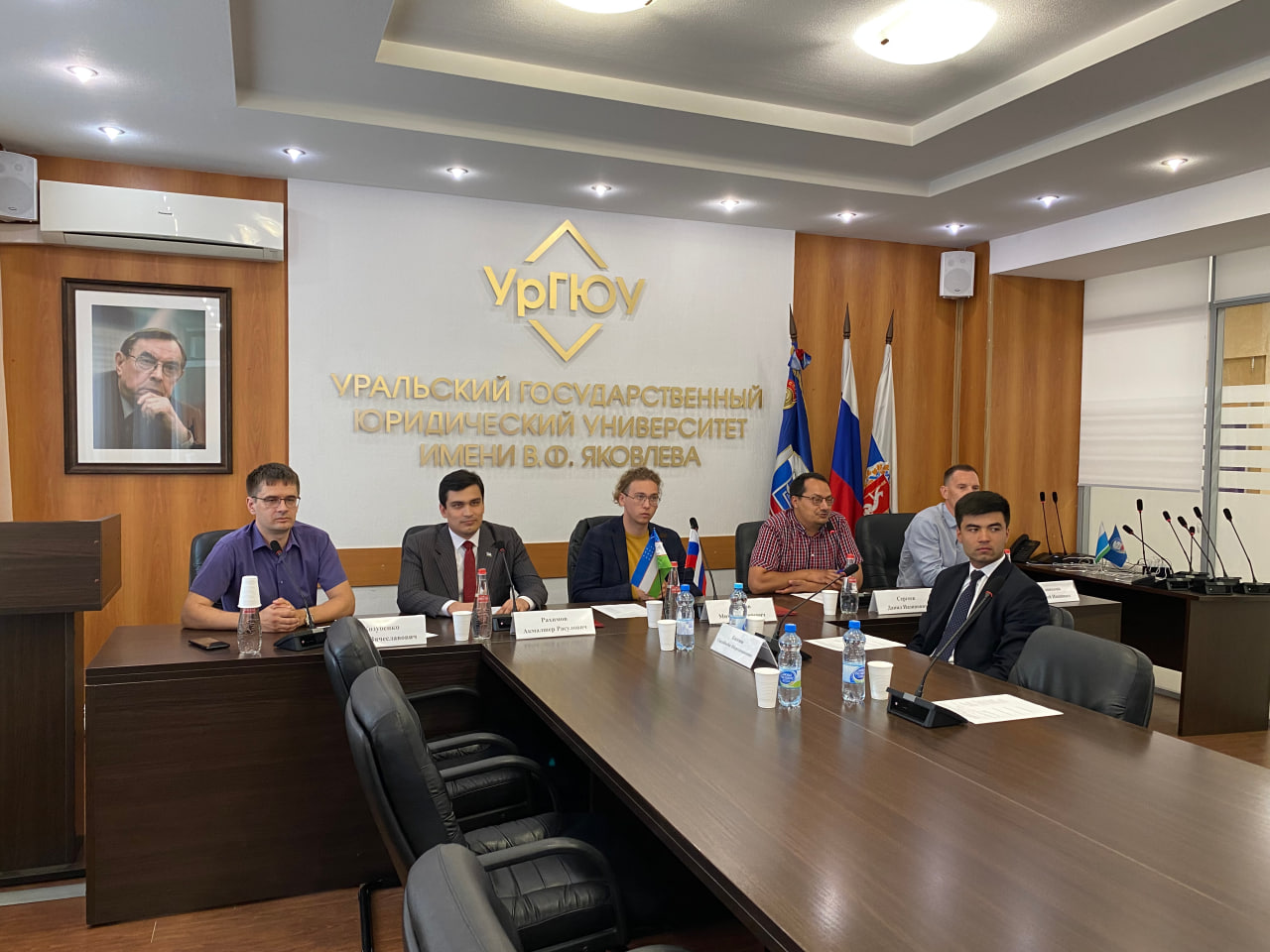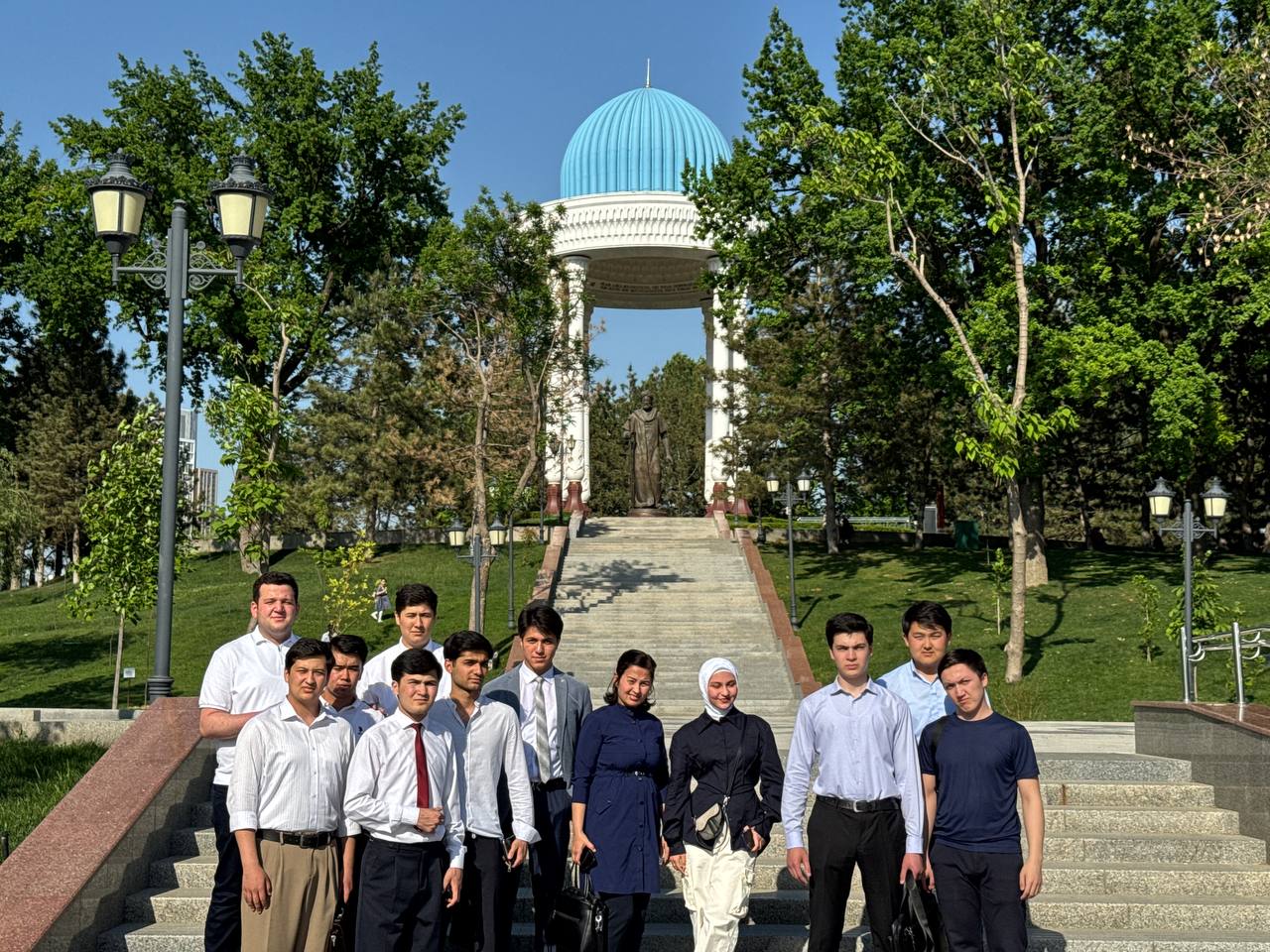
The University of World Economy and Diplomacy hosted the international scientific and practical conference “BDAIM-2025”
The University of World Economy and Diplomacy hosted the international scientific and practical conference “BDAIM-2025”
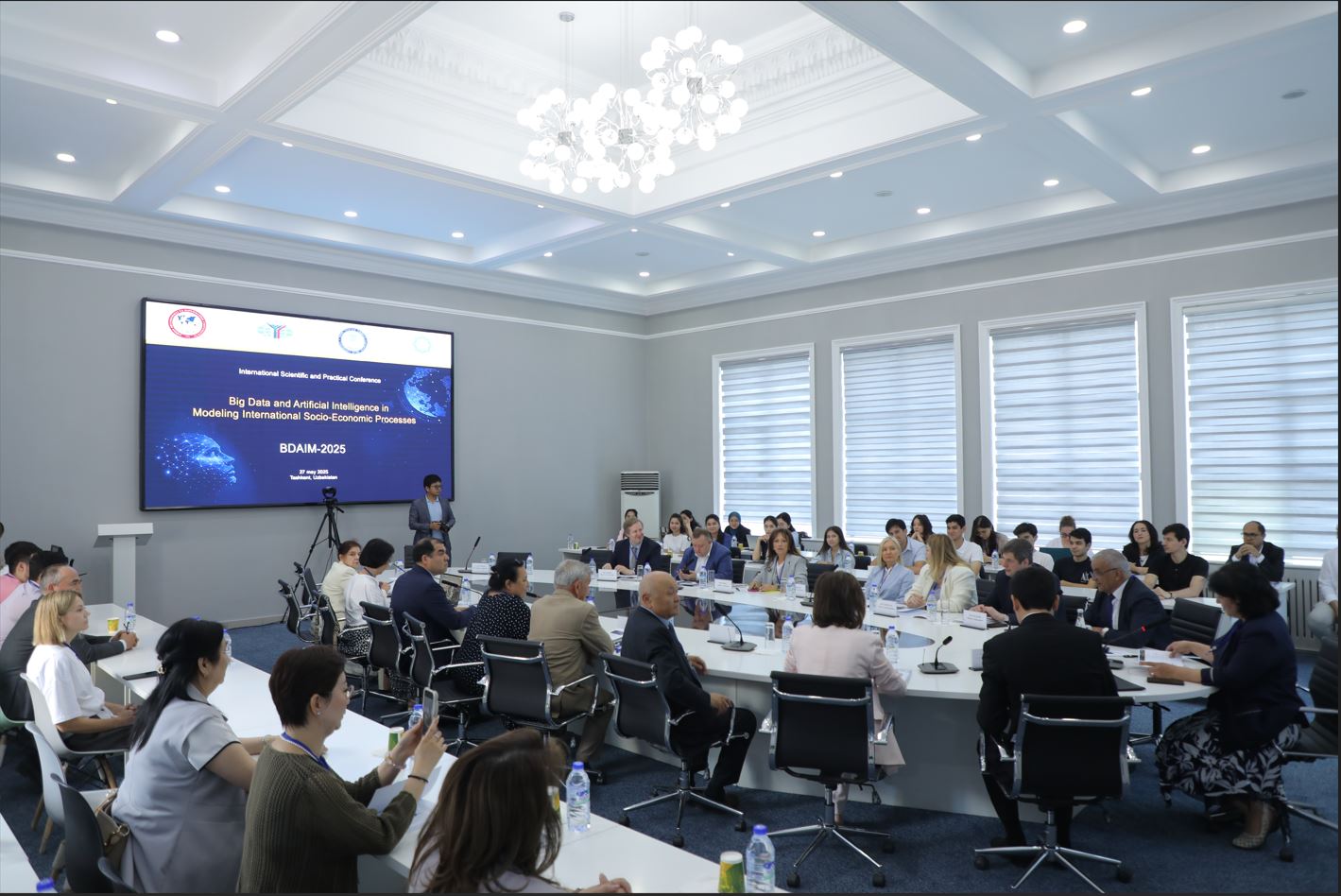
On May 27, 2025, the University of World Economy and Diplomacy hosted the international scientific and practical conference titled “Big Data and Artificial Intelligence in Modeling International Socio-Economic Processes – BDAIM-2025”.
The conference was organized by the University of World Economy and Diplomacy in partnership with the Moscow State Institute of International Relations (MGIMO) of the Ministry of Foreign Affairs of the Russian Federation and the National University of Uzbekistan named after Mirzo Ulugbek.
More than 60 scholars, experts, and practitioners from Uzbekistan, Russia, and China took part in the conference.
The event focused on discussing the prospects of digital transformation in the fields of economy, education, law, and international relations through the application of modern artificial intelligence technologies and big data analytics. Participants explored the potential use of intelligent systems in the context of global challenges and an unstable world environment, emphasizing strategies for sustainable development and the expansion of international cooperation in both scientific and applied domains.
The participation of leading universities and research institutions from Uzbekistan and Russia, as well as representatives of international organizations, highlighted the interdisciplinary and international nature of the event. The conference served as an important platform for strengthening academic and scientific partnerships, promoting joint research, and advancing initiatives in the fields of digitalization, sustainable development, and innovative education.
The main thematic tracks of the conference covered a wide range of pressing issues relevant to the digital era. Participants discussed both theoretical and applied aspects of using artificial intelligence and big data technologies in socio-economic modeling, international relations, education, law, and the energy sector. Particular attention was given to the ethical and legal regulation of AI, methods for forecasting global risks, the integration of intelligent systems into educational environments, as well as the mathematical and econometric analysis of sustainable development. The interdisciplinary approach of the conference enabled the combination of scientific and practical perspectives in addressing complex challenges at the intersection of economics, digital technologies, and international cooperation.
The conference was held in a hybrid format, combining in-person and online participation, which ensured broad international representation and a high level of engagement among participants. The event program included a plenary session featuring prominent scholars and practitioners, as well as four parallel thematic sessions, during which over 50 presentations were delivered.
Live broadcasts and Zoom sessions were organized for remote participants, enabling their full engagement in the discussions. This format facilitated the involvement of a wide range of specialists from various countries and regions, enhancing the accessibility of scientific dialogue and the exchange of experience.
The theme of the BDAIM-2025 conference is closely aligned with the global priorities outlined in the United Nations Sustainable Development Goals (SDGs) and contributes to the advancement of several key areas. In particular, SDG 4 – Quality Education is supported through discussions on innovative approaches to teaching that incorporate AI and digital technologies aimed at personalizing and increasing the accessibility of education. SDG 8 – Decent Work and Economic Growth is promoted through the implementation of intelligent systems that enhance productivity and create new job opportunities. SDG 9 – Industry, Innovation, and Infrastructure is reflected in presentations on the digitalization of industry, energy, and logistics sectors. Issues related to SDG 16 – Peace, Justice, and Strong Institutions were addressed in the session on ethical and legal aspects of AI, including digital rights and the regulation of algorithmic decision-making. Finally, SDG 17 – Partnerships for the Goals is realized through the expansion of international scientific collaboration and the strengthening of scientific diplomacy in the fields of digitalization and artificial intelligence.
